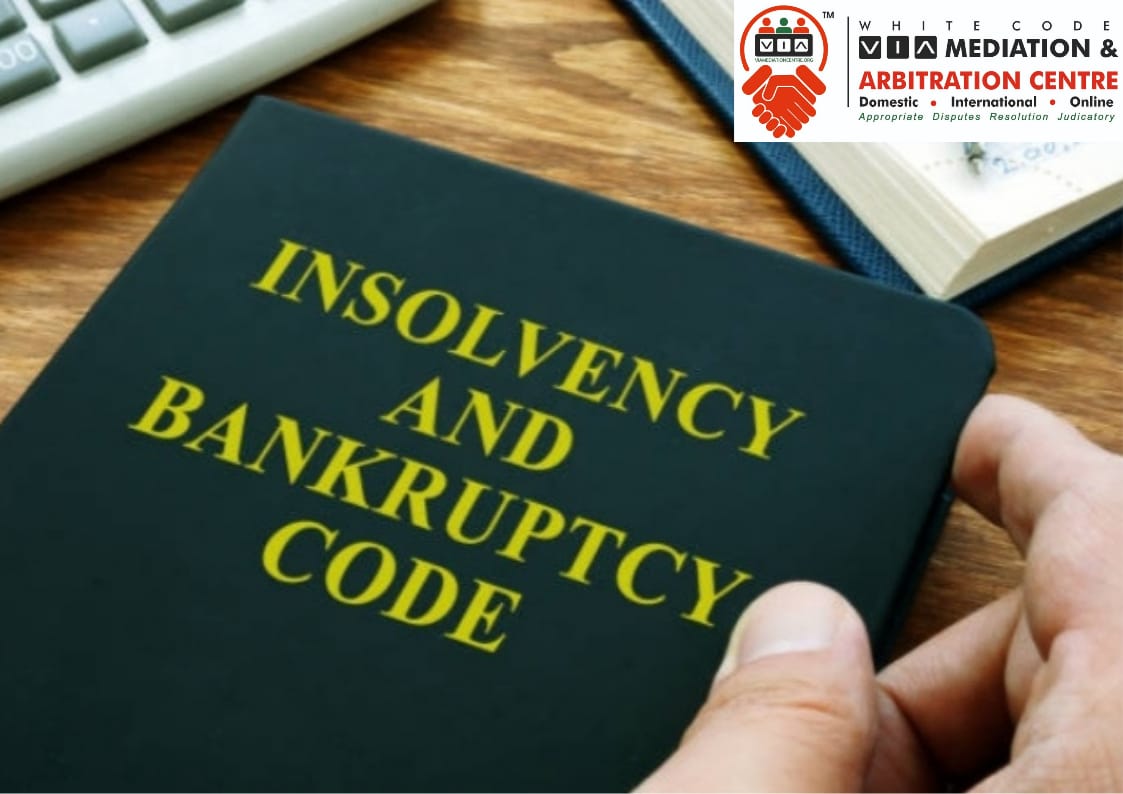Latest News
District Court fails to notice the delegation clause: Michigan Court in Swiger v. Rosette

Facts
Plaintiff Nicole Marie Swiger took out a $1,200 loan from Plain Green LLC, a corporation formed under the statutes of the Chippewa Cree Tribe, with an interest rate of more than 350 percent. Swiger alleged that Defendant Kenneth Rees and his firm, Think Finance LLC, utilized Plain Green and the privileges of tribal sovereign immunity to shield themselves from state and federal law. Swiger consented to binding arbitration under tribal law as part of the loan arrangement, with only tribal court review. She also consented to a "delegation clause" that would appoint an arbitrator to resolve "any question concerning the legality, enforceability, or scope" of the contract.
Swiger sued in Michigan, alleging that the loan was illegal under Michigan and federal law, and that it violated the Racketeer Influenced and Corrupt Organizations Act, as well as consumer protection statutes. Swiger sought triple damages, an injunction barring Defendants from committing similar violations in the future, and a decision declaring the arbitration agreement invalid and unenforceable.
Defendant Rees filed a request to delay the lawsuit in favor of arbitration, saying that because Swiger had also consented to the delegation provision, any issues about the arbitration agreement's enforceability should be resolved through arbitration. The district court dismissed the request, claiming that the enforceability of the arbitration provision had previously been decided in the Second Circuit and that Defendant Rees was collaterally estopped from resolving the matter. Defendant Rees filed an appeal, claiming that the district court erred by ignoring the delegation clause.
Decision
The Sixth Circuit overturned the decision and returned the matter to the district court with directions to suspend the case until arbitration. Swiger had failed to expressly contest the delegation provision, according to the court, therefore the district court erred in its decision to dismiss it. “Simply contesting the whole agreement will not suffice,” the court says. Swiger had to dispute the delegation provision in order for the court to examine whether it could be enforced.
Rees used the delegation clause again in his opening brief on appeal. Swiger responded, bypassing the delegation clause once more. Swiger, in summary, has never addressed, much less disputed, the delegation provision. As a result, the district court should have upheld the agreement and sent the issue to arbitration. Swiger further claimed that because Defendant Rees was not a party to the Plain Green arbitration agreement, he lacked standing to use the delegation clause. The court held that Swiger's arbitration agreement, however, delegated matters of arbitrability to an arbitrator, including whether Defendant Rees had the standing to enforce Swiger's arbitration agreement with the lender.
Conclusion
The court agrees that this issue places a “logical conundrum”. The question of whether a non-signatory can enforce the arbitration agreement is a question of the enforceability of the arbitration clause. Swiger’s failure in challenging the clause prevented the court from holding the arbitration agreement void. This case shows the intricacies within the arbitration clause and agreement. The parties who are signatories to it can only challenge its validity.
Links Referred:
https://f.datasrvr.com/fr1/121/51154/Swiger_v_Rosette.pdf
(This Article Does Not Intend To Hurt The Sentiments Of Any Individual Community, Sect, or Religion, Etcetera. This Article Is Based Purely On The Authors Personal Views And Opinions In The Exercise Of The Fundamental Right Guaranteed Under Article 19(1)(A) And Other Related Laws Being Force In India, For The Time Being. Further, despite all efforts made to ensure the accuracy and correctness of the information published, White Code VIA Mediation and Arbitration Centre Foundation shall not be responsible for any errors caused due to human error or otherwise.)
- Facts
- Decision
- Conclusion






































































































































































































































































































































































































































































































































































































































































































































































































































































































































































































































































































































































































































































































































































































































































